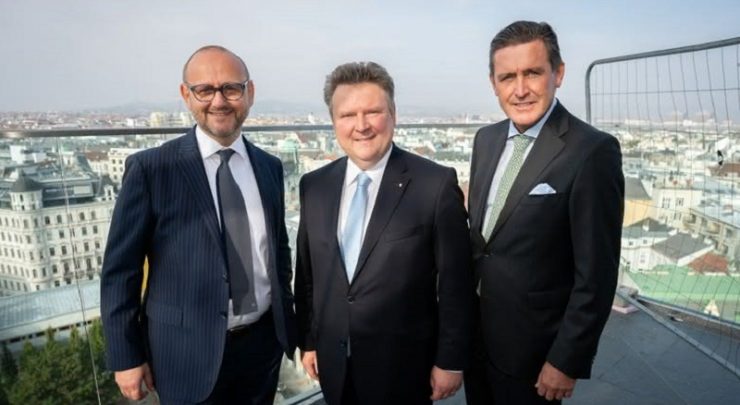FOLLOWING on from the tourism concepts of recent years, the City of Vienna is now presenting the 2025 Visitor Economy Strategy, under the aegis of the Vienna Tourist Board. Guided by the principle of Shaping Vienna, it completely redefines tourism as a phenomenon and its effect on the destination, while targeting sustainable development and balancing the needs of both residents and visitors.
According to Mayor of Vienna Michael Ludwig said the emphasis is on adding value for the city, its residents and businesses. The following goals have been defined for 2025, with 2018 as the baseline: Contribution of tourism to Vienna’s GDP to increase from EUR4 billion to EUR6 billion, Net revenue from overnight stays reported by accommodation providers to advance from EUR900 million to EUR1.5 billion.
“This include Visitor satisfaction levels to remain at their current high level, with nine out of ten guests recommending Vienna, Attitudes to tourism to stay overwhelmingly positive, with nine out of ten residents seeing tourism in a positive light, and Number of tourism providers certified with the Austrian ecolabel Österreichisches Umweltzeichen to double from 112 to 224, Proportion of arrivals by train (21%) and car (26%) to be reversed and Video “Visitor Economy Strategy – Shaping Vienna (Teaser),” he said.
Michael Ludwig also mentioned that tourism has established itself as a core economic sector in just a few decades. In Vienna, it is behind direct and indirect economic impact of EUR 4bn each year, 90,000 jobs, outstanding infrastructure and an arts and cultural scene that is unparalleled on the international stage. The number of arrivals reported by Vienna’s accommodation providers has risen by more than 150% since 1990, to 7.5 million in 2018.
“Vienna is an increasingly in-demand travel destination and we are committed to further growth – but not at any price. Vienna’s new Visitor Economy Strategy is a seamless continuation of the city’s previous strategies and represents a fresh new way of thinking and means of sustainable development that, rather than undermining the foundations of success, is aligned to the city’s goals and the needs of the people who live here,” he added.
The central question, he continued that for the years to come is not ‘what can our city do for tourism? instead the focus will be on what tourism can do for our city. [en.prnasia.com]
















